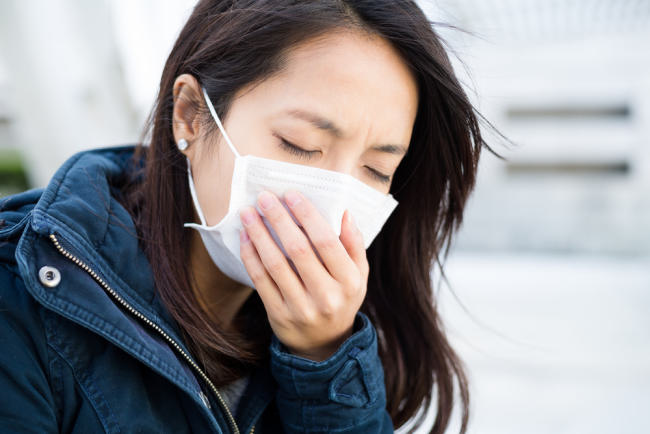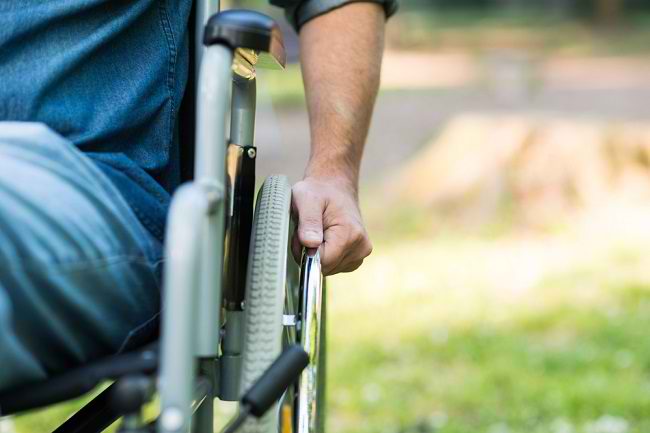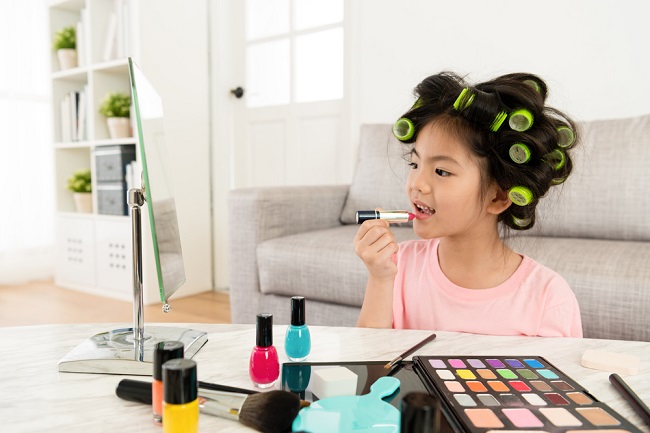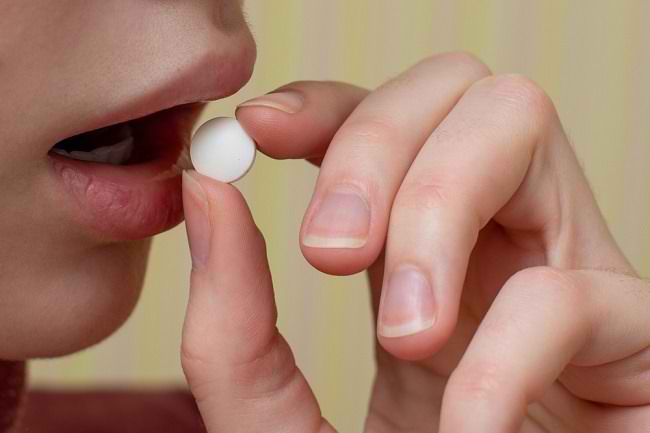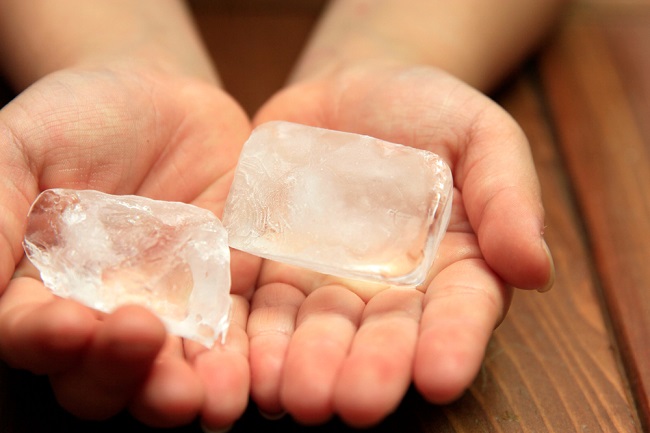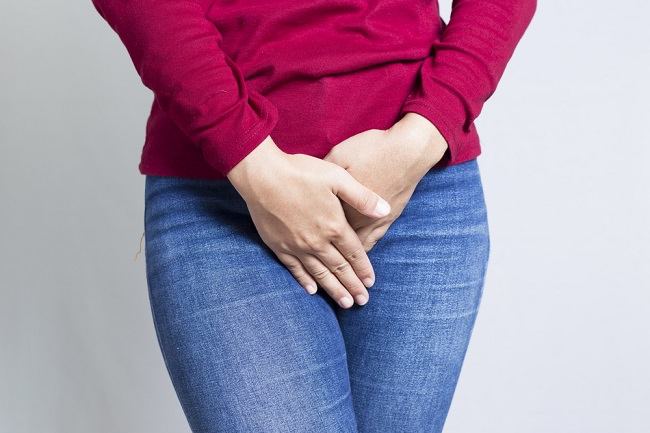Say pphthalates may still sound foreign to the ear. However, did you know? Phthalates can be found in many products that we often use daily. Exposure to this material is said to have an adverse effect on health, especially for children and pregnant women.
Pphthalates is a chemical used to make plastic tough and flexible. Apart from plastic, phthalates It can also be found in soaps, shampoos, nail polish, perfumes, detergents, skin care products, and hair spray. Even, pphthalates can also be found in foods whose packaging contains this ingredient.

Danger Phthalates on Children and Pregnant Women
In addition to eating food that has been exposed phthalates, these substances can enter the body through the absorption of skin care products containing phthalates.
Inhaling perfume, nail polish, or house paint, or dust from vinyl products and building materials that contain phthalates also has the potential to make these substances enter the body.
In pregnant women, phthalates that enter the body can cross the placenta and interfere with the fetus. This material can also be mixed with breast milk, so it can enter the baby's body. On the other hand, phthalates can also enter the child's body when he sucks teether or putting a plastic toy in his mouth.
Seeing the number of products that contain phthalates and the ease with which this substance enters the body, is dangerous phthalates should be taken into account, especially in children and pregnant women.
Here is the danger phthalates in children and pregnant women that you need to be aware of:
1. Motor disorders
A study showed that pregnant women who were exposed to phthalates tend to give birth to children who have problems with brain growth and development. Usually this will be seen in delays in the development of motor skills and speech.
2. Endocrine system disorders
The endocrine system consists of glands that are responsible for almost all processes in the body. Well, exposure phthalates known to interfere with the work of the endocrine system.
In fetus, phthalates increase the risk of abnormalities in the genital organs. Meanwhile, phthalates that lodged in the child's body can trigger early puberty, metabolic disorders and organ function, and growth disorders, and increase the risk of allergies.
3. Miscarriage
During pregnancy, pregnant women need to maintain their nutritional intake and avoid exposure to chemicals that can have adverse effects on the health of the fetus, one of which is phthalates.
Research has shown that pregnant women who are exposed to phthalates in large numbers have a 60% higher chance of miscarriage compared to mothers who are not exposed.
4. Gestational diabetes
In a study it was stated that exposure to phthalates in high amounts can trigger weight gain during pregnancy. Meanwhile, exposure phthalates in moderate amounts can make pregnant women 7 times more at risk of impaired glucose tolerance.
Excessive weight gain and impaired glucose tolerance during pregnancy are risk factors for gestational diabetes. In addition, about 50% of women with gestational diabetes will be at risk of developing type 2 diabetes after giving birth.
Prevent Exposure Phthalates on Children and Pregnant Women
Phthalates it's hard to avoid. However, there are several ways you can reduce your exposure phthalates which is too much. Here's how:
- Limit the use of plastic for food and drink. Switch to containers with glass, ceramic, wood, or metal base bodies.
- Limit buying foods that are not packaged in plastic, canned, or other processed foods. It is better to eat freshly cooked food with good quality ingredients.
- Do not heat food or drinks with plastic.
- Choose skin care products that do not contain fragrance, be it lotion, powder, shampoo, soap or detergent.
- Choose a milk bottle, teether, or baby toys labeled free phthalates.
- Choose bottled water bottles that have symbols 1, 2, 4, or 5 under the bottle packaging.
- Invite children to wash their hands frequently with soap and water, especially after playing.
- Make sure every room in the house has ventilation so that air circulation can rotate properly.
- Routinely clean household appliances, including carpets and windows, which may be a place to settle phthalates.
To protect those around you from harm phthalates, especially pregnant women and children, try to apply the methods above, yes. Don't forget to always eat healthy food. That way, the health of pregnant women and their fetuses can be maintained and the growth and development of children is also more optimal.
In addition, do not forget to regularly check the condition of pregnancy and child development to the obstetrician and pediatrician. With regular checks, abnormalities that occur due to danger phthalates can be found earlier and treated better.
